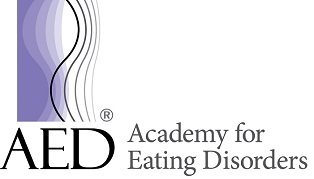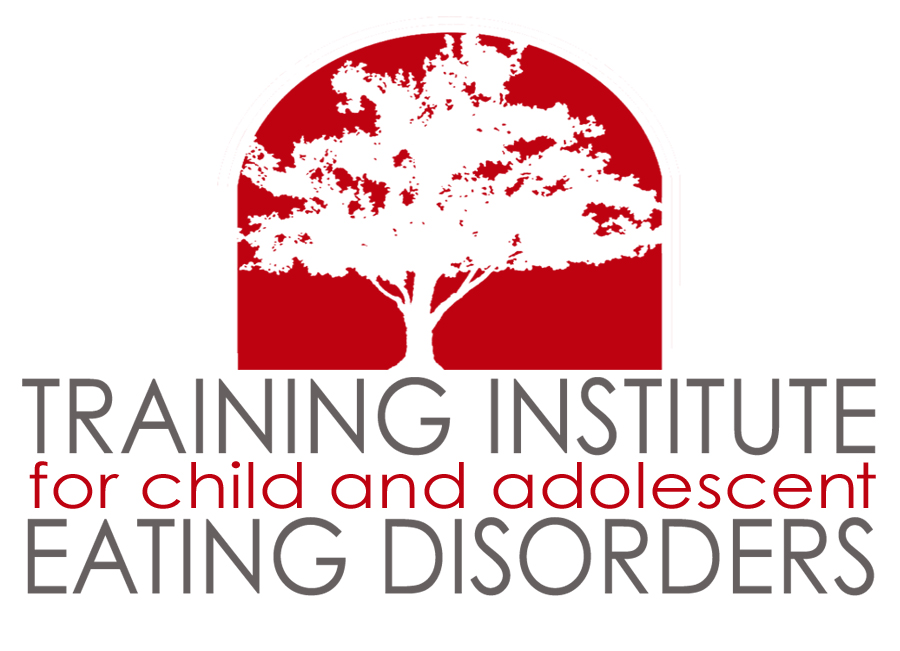What is Postpartum Anxiety?
Postpartum anxiety, a rarely discussed issue often accompanied by feelings of guilt and shame, affects many women. While normal worries about newborn care are common, postpartum anxiety disorders can interfere with daily functioning, like a mother being fearful to move around the house with her baby. Such disorders can impact the ability to care for the baby and may involve feelings of guilt, frustration, tension, irritability, mood swings, difficulty concentrating, and may include obsessive-compulsive disorder or post-traumatic stress disorder.

Who is affected by Postpartum Anxiety
Postpartum anxiety disorders, affecting women across all demographics, are seen in approximately 6-27% of women six months post-childbirth (Ali 2018). Ongoing research continues to uncover common risk factors associated with this condition.
- Having anxiety during their pregnancy
- Having limited social support
- Not feeling supported by their health provider
- Having differences between their expectations of having a baby and their reality
Women who have a traumatic birthing experience could develop postpartum posttraumatic stress disorder. Women who experience extreme pain during birth, and feel as though they lost control during the birthing process, are at a higher risk of developing this form of postpartum anxiety.
How We Treat
At Resilience DBT & Eating Recovery, we specialize in treating postpartum anxiety disorders through Dialectical Behavioral Therapy (DBT). Our services, available in New Jersey, Florida, and Maryland, help manage mental health concerns during pregnancy, reducing postpartum anxiety risk factors. Our DBT program focuses on mindfulness, emotion regulation, distress tolerance, interpersonal effectiveness, and middle path, enhancing your coping skills. If you’re struggling with postpartum anxiety, reach out to us for compassionate, personalized care.
How do I begin?
Our team is dually and expertly trained in the Treatment of Eating Disorders and DBT for Mental Health. Our Evidenced-Based approaches include FBT, CBT-E, DBT-ED, and Comprehensive DBT for co-occurring mental health conditions. Our outpatient practice has helped Children, Teens and Adults achieve full Eating Disorder Recovery and Mental Health Stability for over 25 years.
1
Schedule your 15 minute free phone consultation
This phone screening is highly confidential to help determine if coming to the Resilience practice is the best course for you or your loved one.
2
Complete an Expert and Comprehensive Intake
During your intake appointment we will gather more information to identify your stressors and needs. And work with you to develop your resilience treatment plan.
3
Get connected with Your Personalized Care Team
Meet with a practitioner to get started on your journey of healing and wellness you know you deserve.









